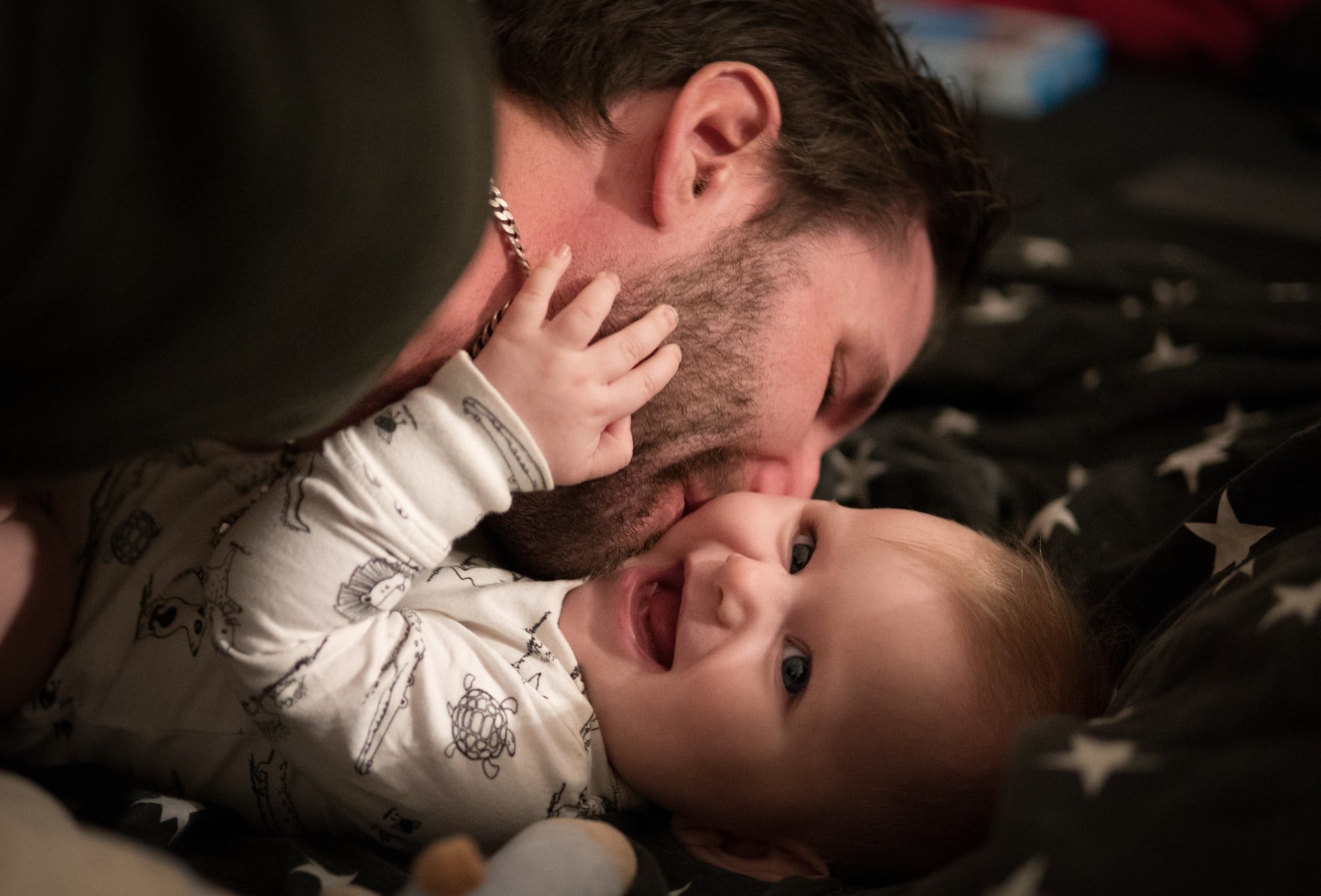Among the first questions foreign parents ask themselves when they're about to have a baby in Germany is what nationality the child will have.
Several factors determine whether or not a baby born in the country will get German nationality, namely, the parents' residency status and the baby's birth date.
Can your baby have German nationality if neither parents are German citizens?
The short answer is it depends on your residency status (and when the child was born).
Your child will automatically get German nationality as long as at least one of its parents has been legally resident in Germany for a minimum of five years and has the unlimited right to remain in the country - typically this would mean having a permanent residence permit.
This requirement was dropped to five years, from eight years previously, by the adoption of the dual-citizenship law that took effect on June 27th, 2024.
All of this only applies if the baby was born on or after January 1st, 2000, in Germany. This is when the current Citizenship Act was implemented – which introduced jus soli, or right of birthplace – for children born in Germany to foreign parents.
Before 2000, citizenship was only allowed to be passed down through parents.
Note that a child born in Germany would be eligible to apply for citizenship on their own from the age of five, assuming they speak German and meet other requirements, regardless of their parents' status.
What if my child was born before the new law?
For all persons born before the year 2000, the old law applies. A retroactive application is not possible, so the five-year period only applies to children born after the date the law came into effect.
This also means that if your child was born before June 27th, 2024, then the eight-year residency period will apply, i.e. one parent must have been resident for eight years on the child's day of birth.
READ ALSO: Does having a baby in Germany make it easier for parents to become citizens?
Does it make a difference if the foreign parents are married or not?
If the child's parents aren't married, the the baby's residency and/or naturalisation rights are generally dependent on the mother. If it's the father who meets the residency requirements, then he will have to go through an official paternity recognition process in order for the child to get German citizenship in this case.

You can apply to have paternity recognised once the child is born or during the pregnancy.
To do this, both parents will need to go to either a Youth Welfare Office (Jugendamt), the local court (Amtsgericht), a notary (Notar), or a registry office (Standesamt) and submit the required documents, including both parents' ID cards and birth certificates.
If this is done before the birth, you'll also need to include the mother's maternity record. If it's done after the birth, you would instead include the baby's birth certificate. There is no charge for this acknowledgement of paternity (Vaterschaftsanerkennung), unless you use a notary.
If the child's parents are married, then the father gets paternity automatically, and either parent can satisfy the residency requirement.
What if neither of the parents has a permanent residence permit or right of residence?
If neither of the parents fulfil the above residency criteria, then the child will have the same status as its parent(s). If the parent gets citizenship later, then the child will too.
And if one of the parents is a German citizen?
If one parent is a German citizen, then the baby is effectively born a German citizen. This is true even if they're not born in Germany because citizenship is conferred by blood (the jus sanguinis principle).
There is a caveat to this, however.
There is a so-called generational cut-off point for German citizens born abroad.
If the German parent was born abroad after December 31st, 1999, and then has a child abroad, an additional rule applies for their child to qualify as a German citizen.
In this case the parent must record the birth at a German registry office within one year - so by their child's first birthday - to ensure German nationality for their child.
Can my child have dual nationality?
Yes, since the 2024 reform, Germany allows dual nationality.
This means that if your child is born in Germany and automatically acquires German citizenship, they can hold both German nationality and their parents' nationalities permanently (providing the other country allows dual nationality) and won't need to choose later.
The June 2024 reform also did away with the Optionspflicht – the requirement to choose a single citizenship – which previously applied to some dual national Germans when they turned 21.
READ ALSO: Which foreign nationals are not eligible for dual-citizenship in Germany?
How and when do you register the child?
You (or your partner, member of your family, doctor or friend) must register the birth at the registry office (Standesamt) in the town where the child was born within a week of its birth. You'll then be given a birth certificate (Geburtsurkunde).
If your child is born in hospital or a birthing centre, then they will report this to the registry office and send over the birth certificate.
What do you need to bring with you?
Quite a few documents (of course). You'll need:
- The signed (by the midwife or doctor) record of birth (if not already sent over)
- IDs for both parents (Like a passport - a driver's licence is not accepted)
- Residence permit (if applicable)
- Marriage certificate (if you're married)
- Acknowledge of paternity (only if you're not married)
- Birth certificates for both parents (only if you're not married)
You'll receive a birth certificate for the child once the birth has been registered.

Comments